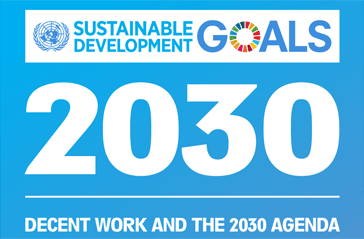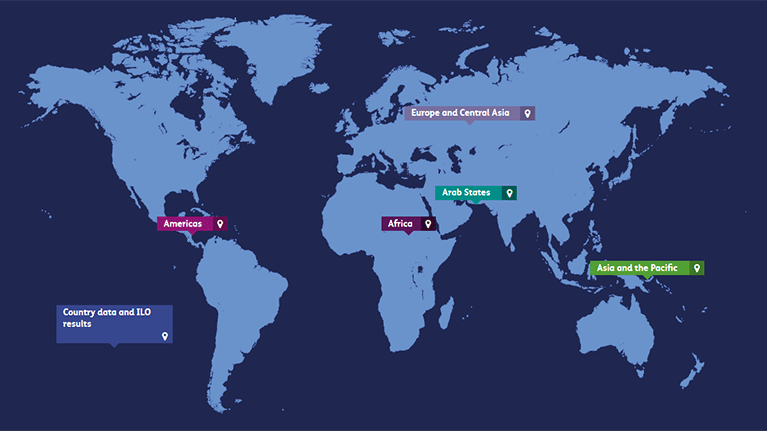The International Labour Organization (ILO) is devoted to promoting social justice and internationally recognized human and labour rights, pursuing its founding mission that social justice is essential to universal and lasting peace.
The only tripartite U.N. agency, the ILO brings together governments, employers and workers representatives of
187 Member States, to set labour standards, develop policies and devise programmes promoting decent work for all women and men.
Today, the
ILO's Decent Work agenda helps advance the economic and working conditions that give all workers, employers and governments a stake in lasting peace, prosperity and progress.


